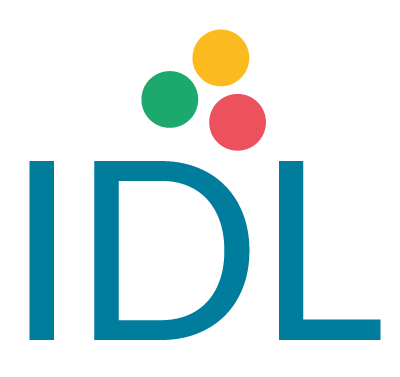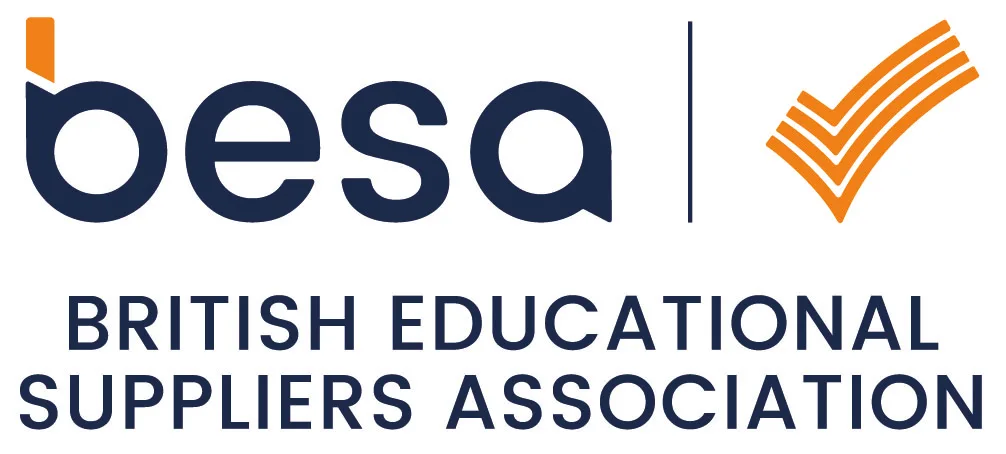The Power of Reading: Celebrating World Book Week and Promoting Literacy for All – Stephen McMahon
Every year, schools and communities around the world come together to celebrate World Book Week, a time dedicated to fostering a love of reading and storytelling among children and adults alike. But why is reading so important, and how can organisations like us support struggling readers? With a decade of teaching experience, I know that reading is the foundation of learning, and that me and the development team at IDL play a key role in ensuring that children have the opportunity to develop strong literacy skills.
Why is Reading So Important?
Reading is more than just a skill; in my experience it’s a path to knowledge, creativity, and personal development. Research shows that children who read regularly tend to perform better academically across all subjects, not just in English (Clark & Teravainen, 2017). Reading helps develop vocabulary, comprehension, and critical thinking skills, while also fostering imagination and empathy (National Literacy Trust, 2019).
Additionally, reading for pleasure has been linked to improved mental well-being, reduced stress levels, and greater social awareness (Deloitte, 2014). Encouraging reading at an early age sets children up for lifelong success, giving them the tools to engage with the world confidently.
The Magic of Reading
My journey into the world of independent reading began with Enid Blyton’s “The Enchanted Wood,” a book that became more than just a story; it was a portal to imagination, wonder, and endless possibilities. I still have my original copy, its pages now delicate, the cover slightly faded but still vibrant with memories. This book taught me that reading is far more than simply decoding words on a page; it’s about experiencing entire universes, walking alongside characters who become as real as friends, and discovering worlds that exist beyond the boundaries of our immediate reality. Books challenge us, and ultimately help shape who we become. Reading is a fundamental human connection, a bridge between personal experiences, cultures, and times, allowing us to learn, feel, and understand in ways no other medium can replicate. And this love of reading is what paved the way to my first degree in English and Creative Writing.
Average Reading Ages in UK Primary Schools
Understanding reading levels in primary schools is fundamental for tracking literacy progress. In the UK, children’s reading ability is often measured using standardised assessments such as the Key Stage 1 and Key Stage 2 SATs. According to national data:
· By age 5-6 (Year 1), the average child is expected to read at Book Band 4-6, which includes simple sentences and common sight words (DfE, 2021).
· By age 7-8 (Year 3), most children are reading fluently with comprehension, engaging with more complex texts.
· By age 10-11 (Year 6), children should be reading at a level equivalent to at least 11 years old, with an ability to analyse and infer meaning from more challenging texts (DfE, 2021).
How International Dyslexia Learning Solutions (IDLS) Supports Reading
For children with dyslexia and other learning difficulties, reading can be a challenge. This is where organisations like IDL play a crucial role. IDL provides evidence-based interventions that support children with reading difficulties, using technology to enhance literacy development. The IDL Literacy programme uses multisensory learning techniques, personalised lesson plans, and speech recognition technology to help students build confidence in their reading abilities.
By addressing the unique needs of struggling readers, our intervention tool ensures that no child is left behind, empowering them to develop essential literacy skills in an accessible and engaging way.
However, it’s important to acknowledge that reading abilities vary widely, and some children will need additional support to reach age-appropriate levels.
Why I Encourage Reading
As a former teacher, and avid reader, I have seen first-hand how reading transforms lives. Books open up worlds beyond the classroom, sparking curiosity and inspiring imagination. Beyond academic benefits, reading promotes resilience, emotional intelligence, and problem-solving skills.
I encourage reading because it builds confidence. When a child discovers a book they love and reads it, they gain a sense of achievement. It also fosters independence, allowing students to explore new ideas at their own pace. Most importantly, reading brings joy; it creates moments of excitement, adventure, and discovery that stay with us for life.
Whether it’s through World Book Week celebrations, school-wide reading initiatives, or simply sharing a great story with friends and family, fostering a love for reading is one of the most powerful things we can do as educators. So let’s keep turning the pages and inspiring young minds… one book at a time.

References
Clark, C. & Teravainen, A. (2017). ‘Reading enjoyment, behaviour and attitudes in the UK: Research report’. National Literacy Trust.
Department for Education (DfE). (2021). ‘National curriculum assessments: Key Stage 1 and 2 results’. GOV.UK.
Deloitte (2014). ‘The impact of reading for pleasure and empowerment’. Deloitte Insights.
National Literacy Trust. (2019). ‘The benefits of reading for pleasure’.














